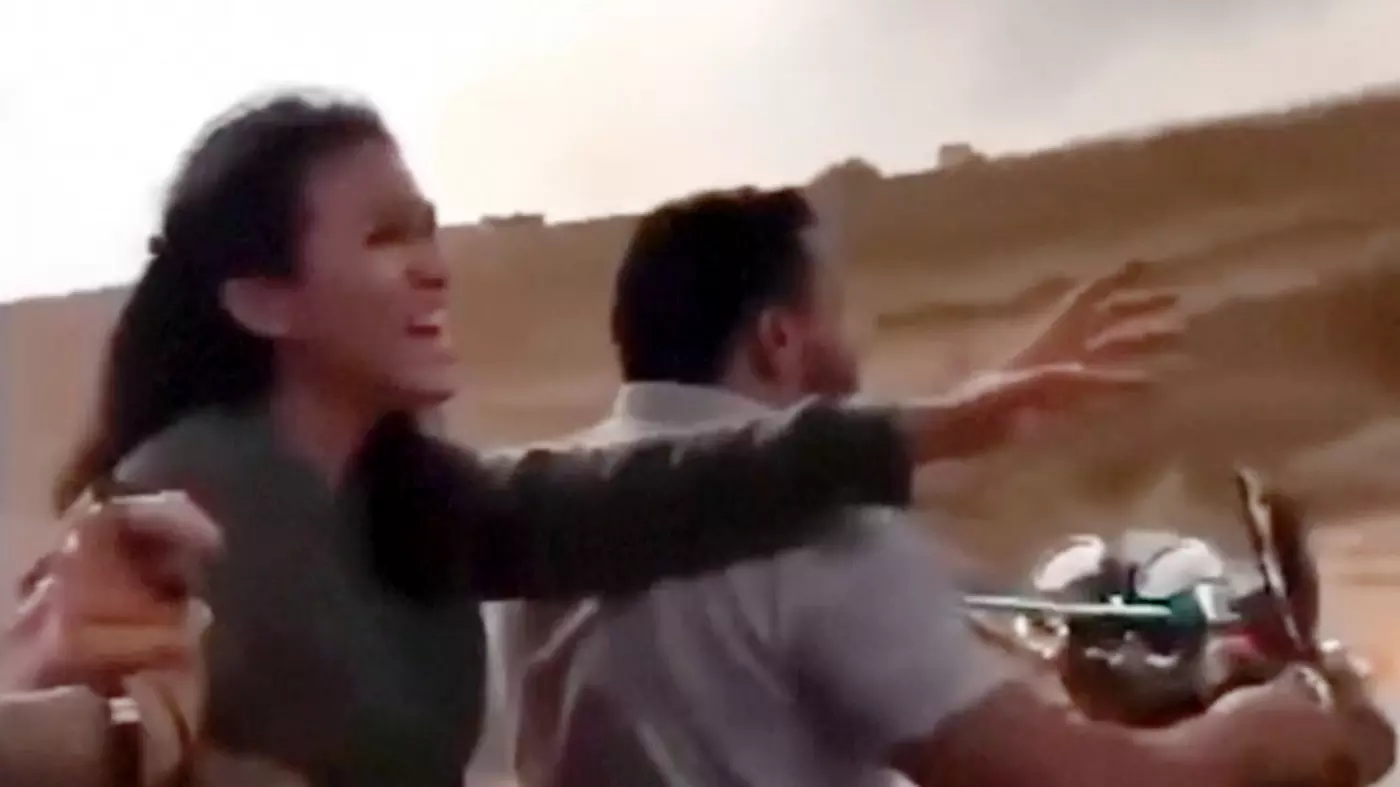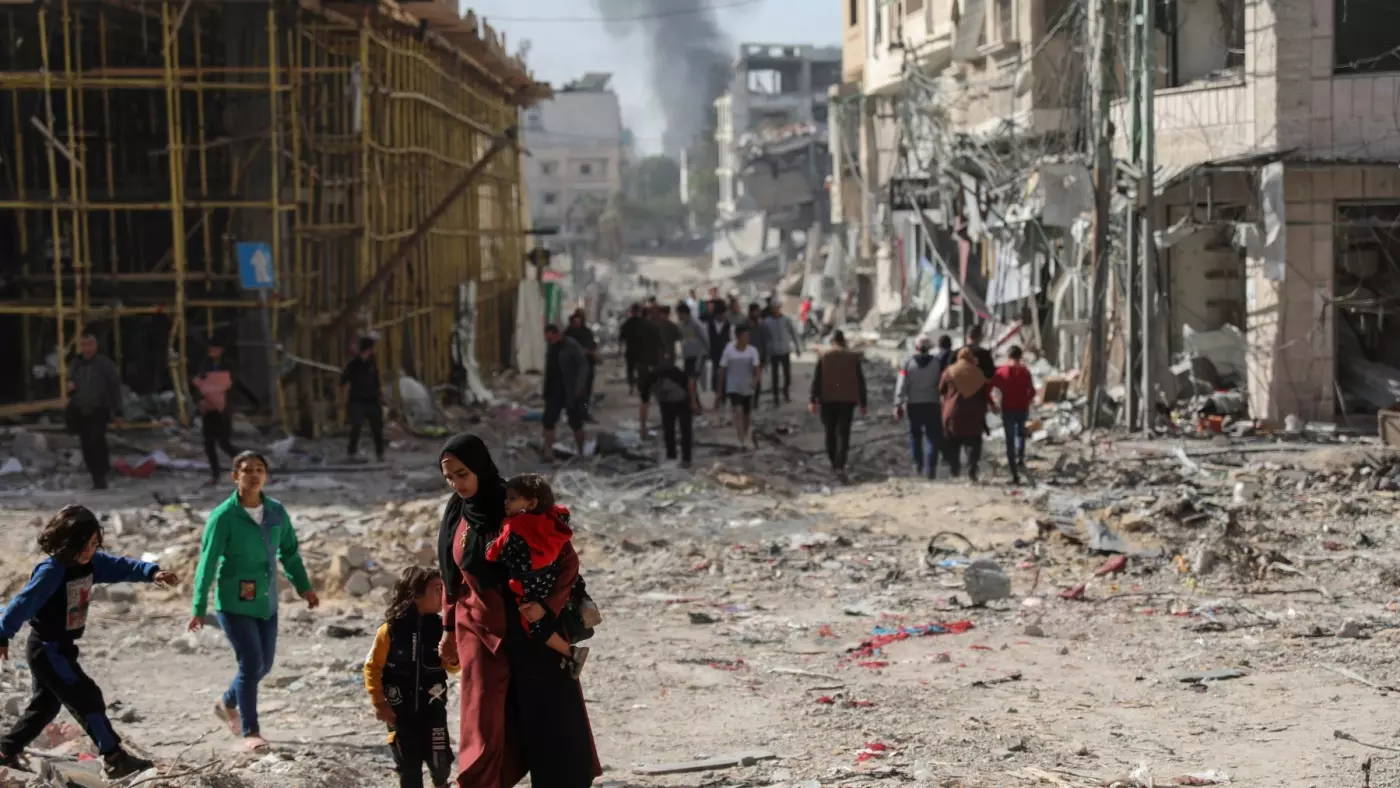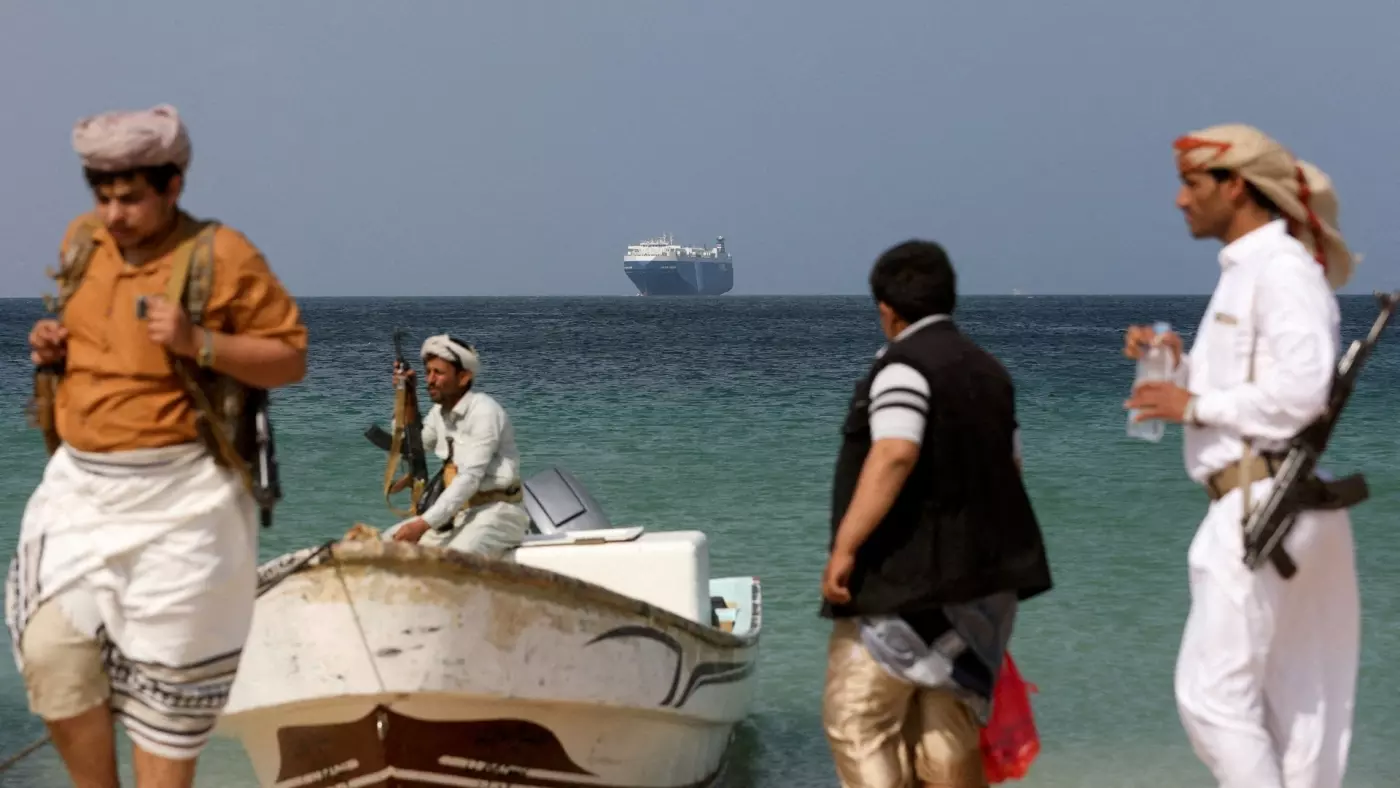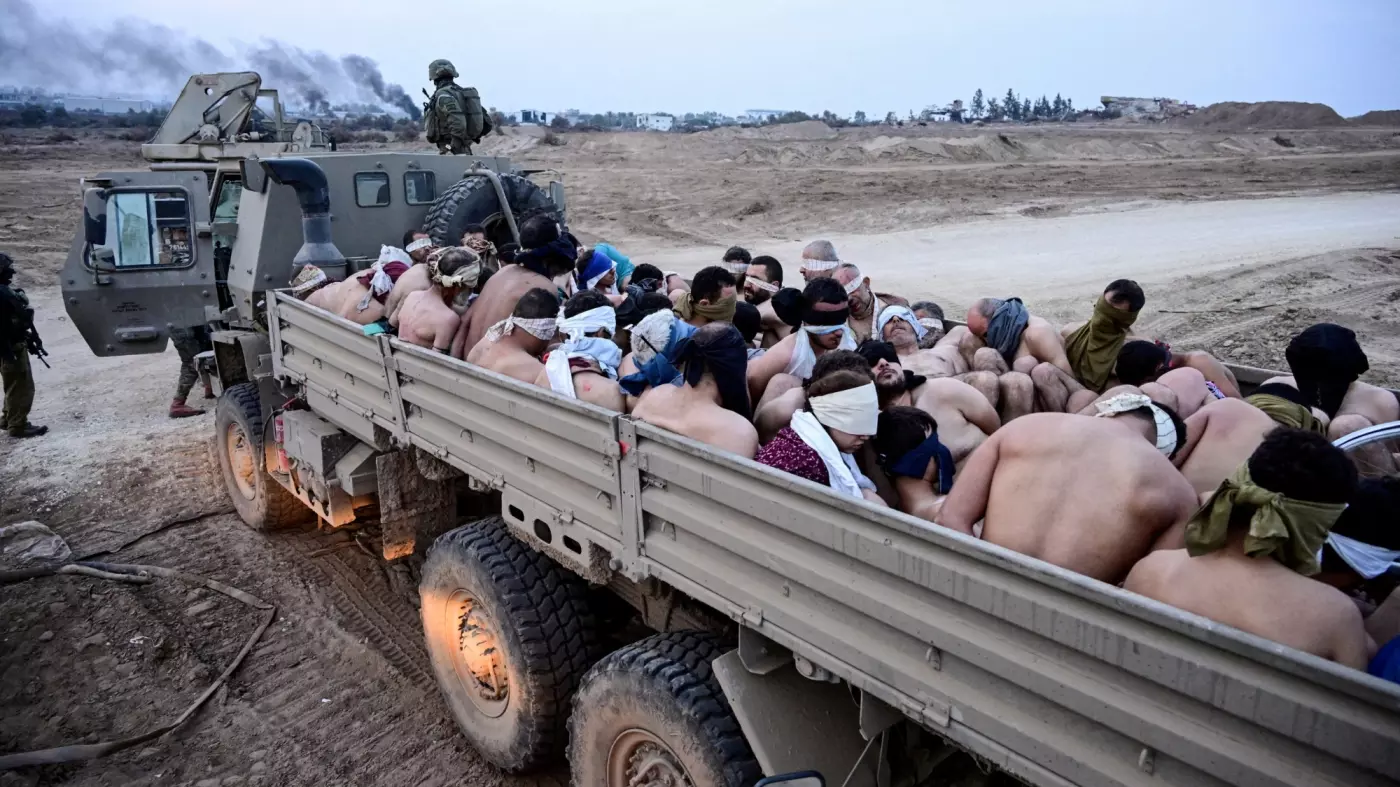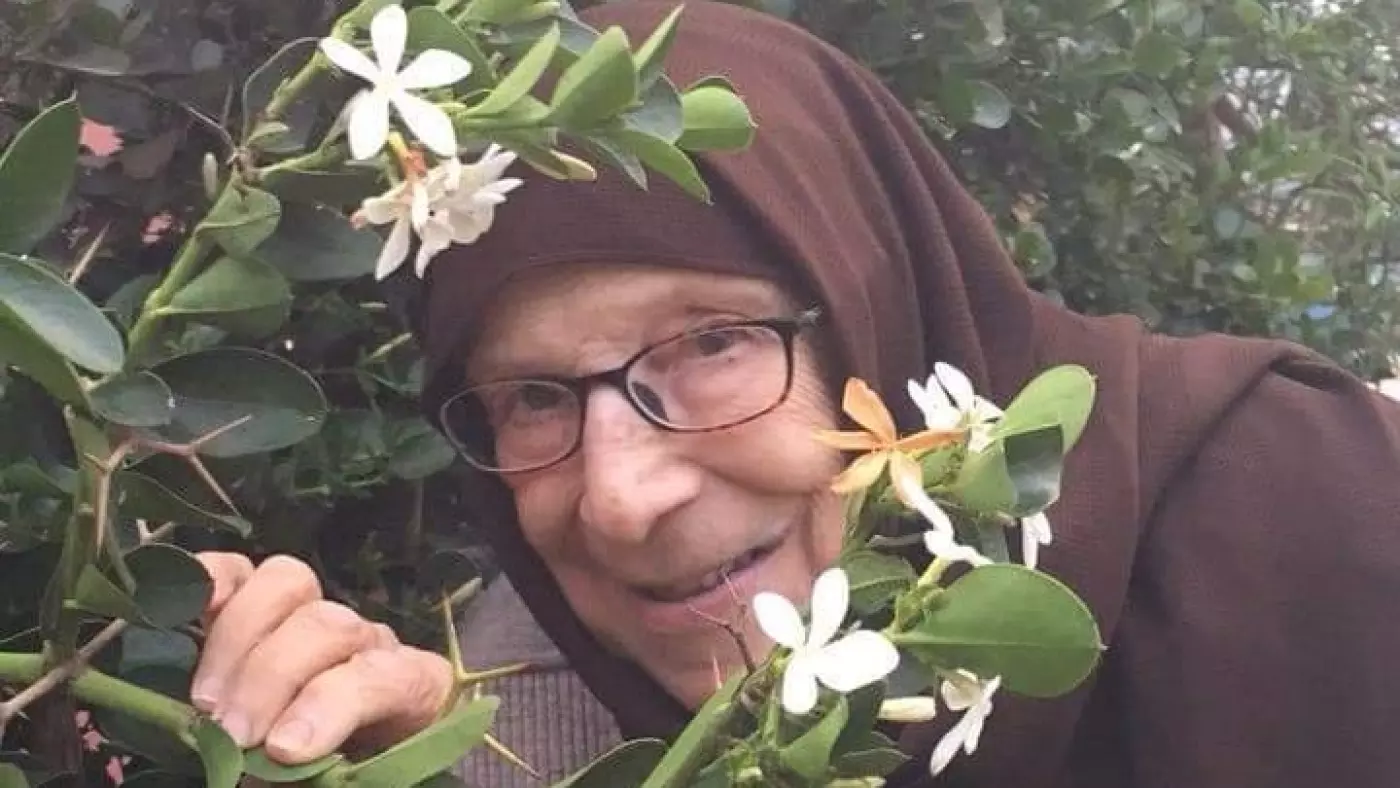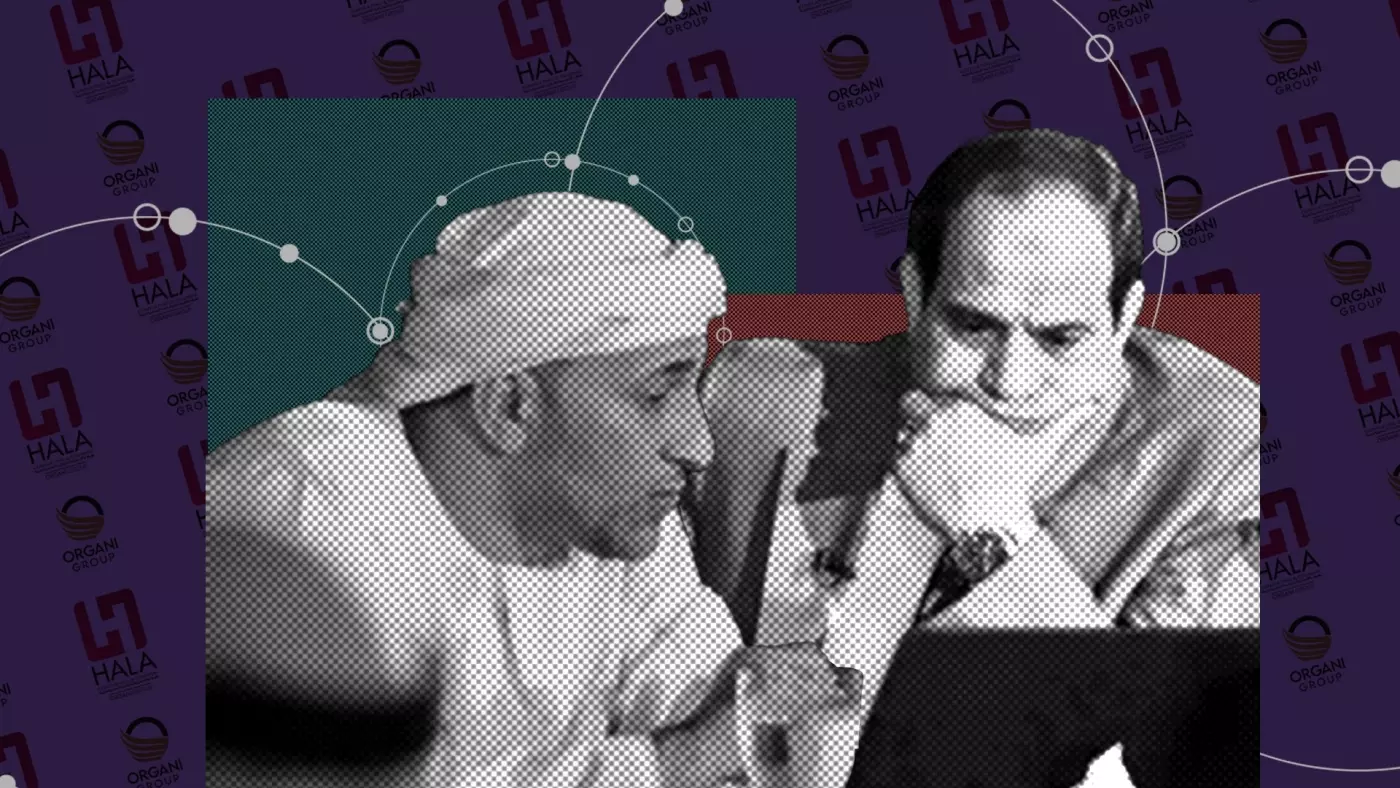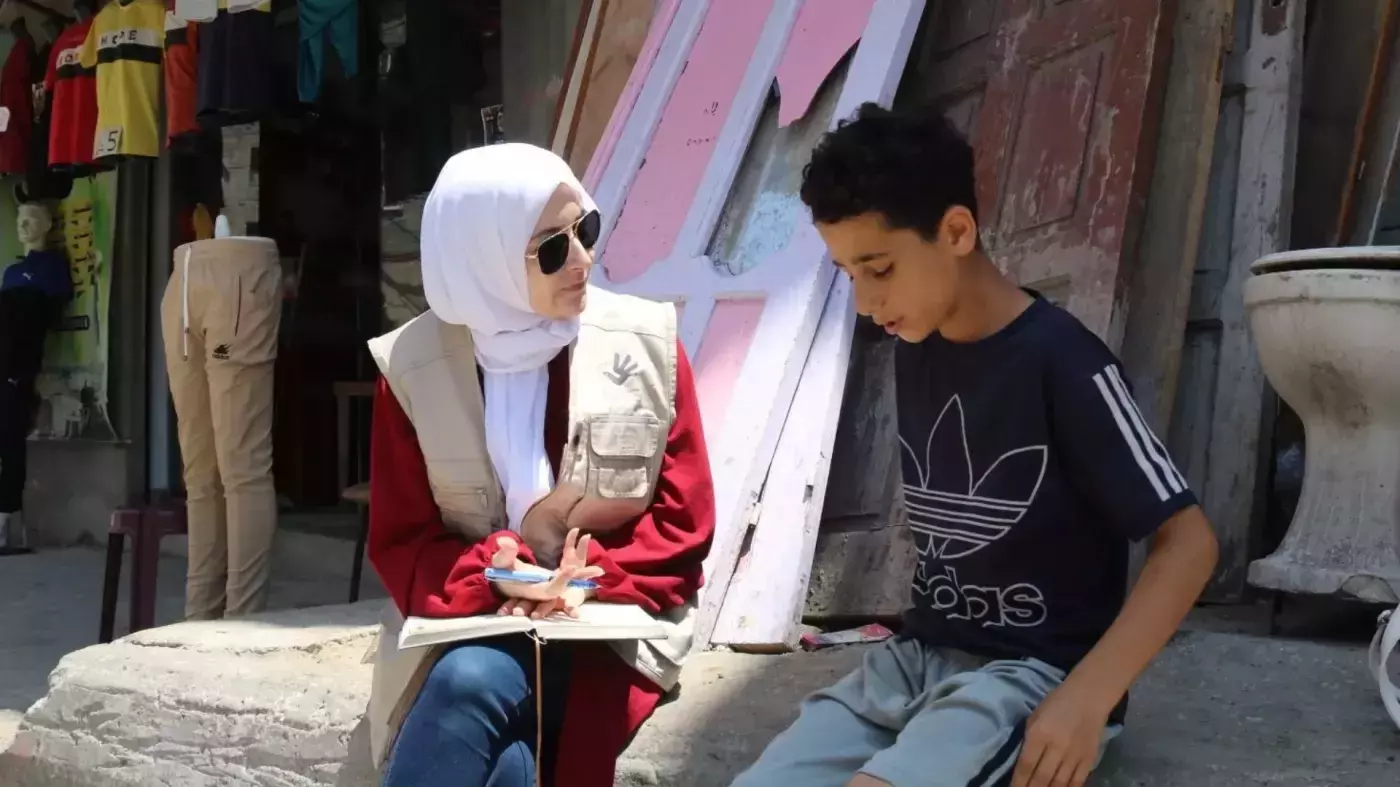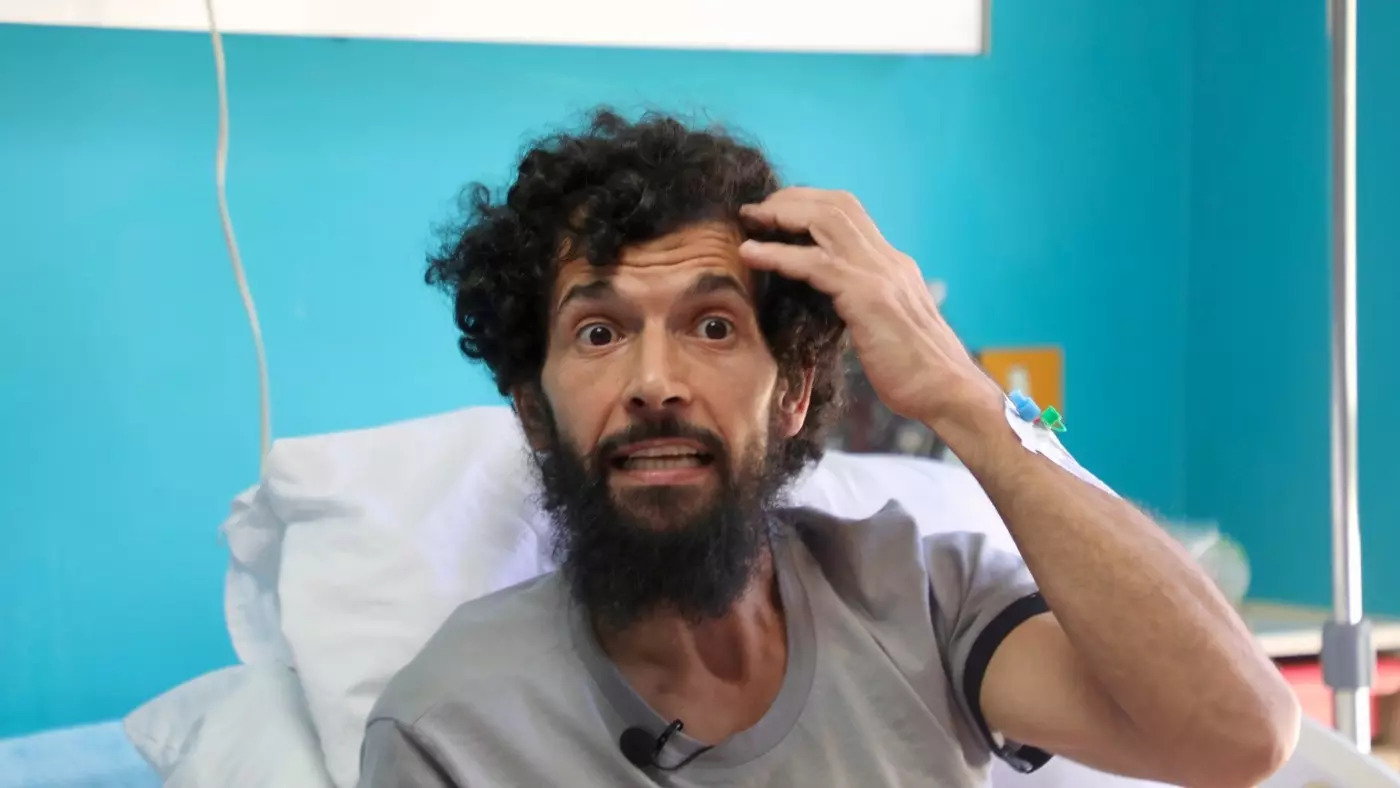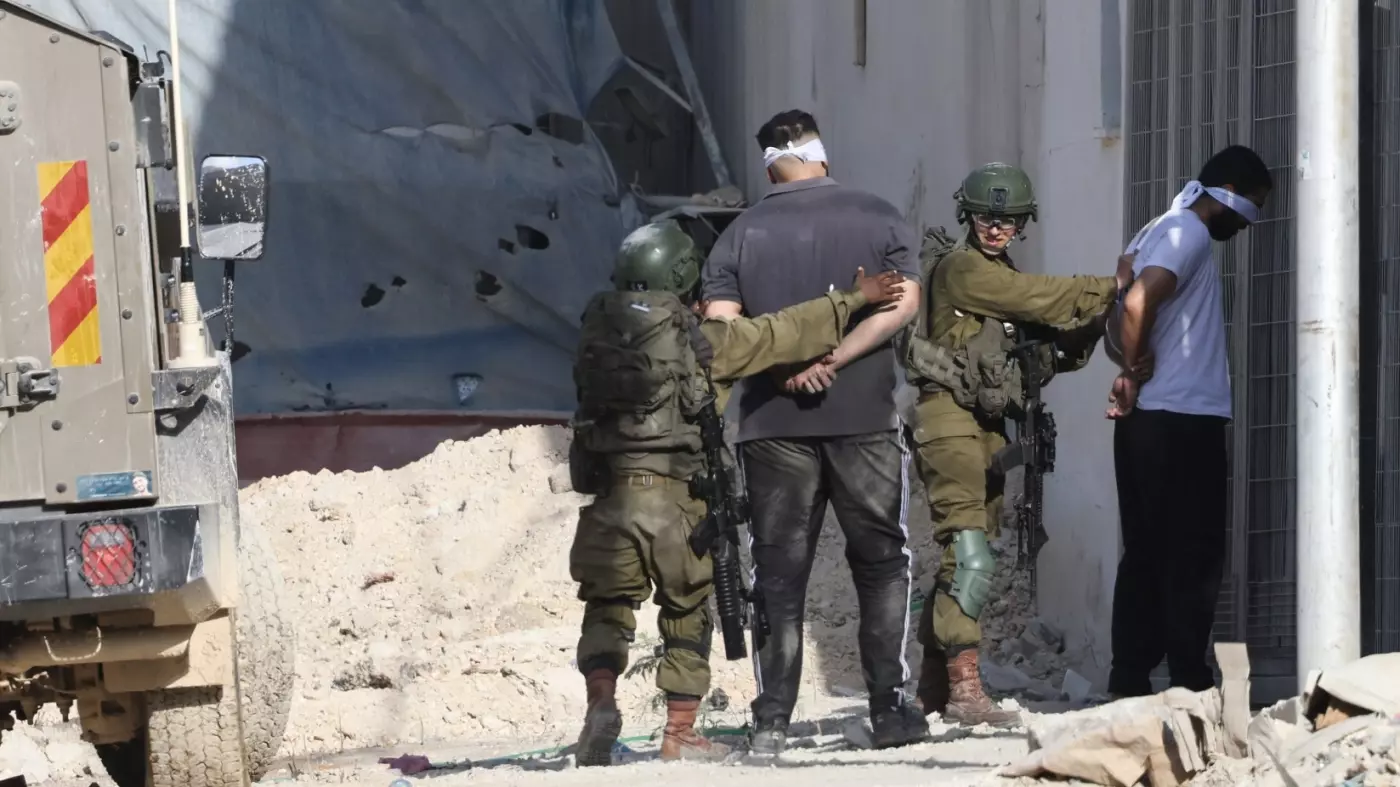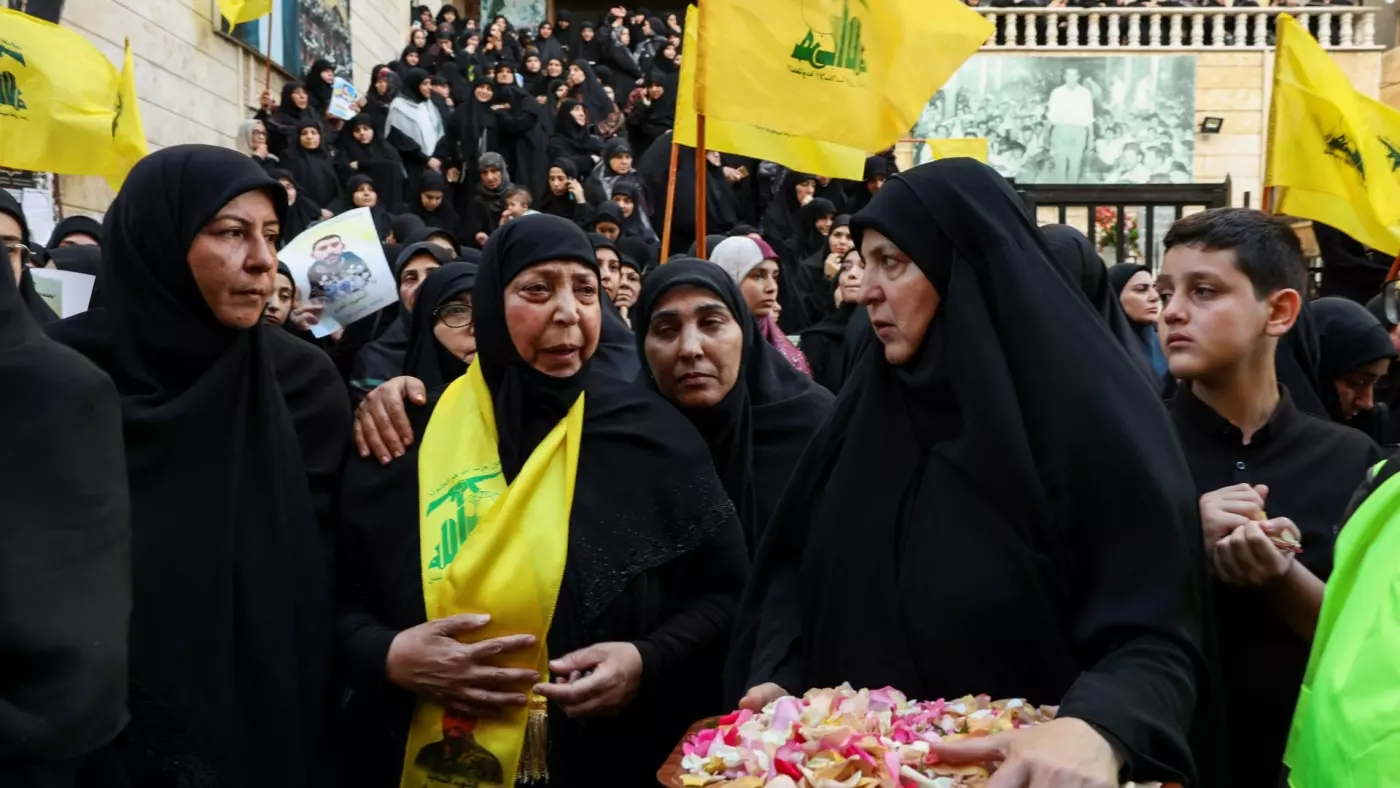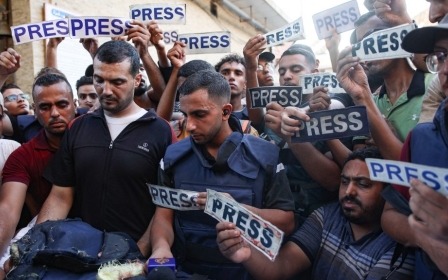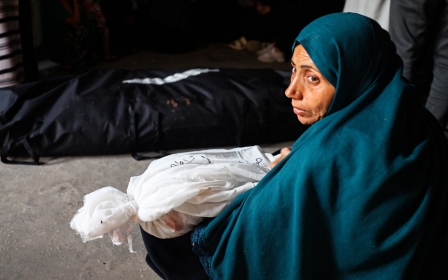Twelve months of Israel's war on Gaza in 12 stories
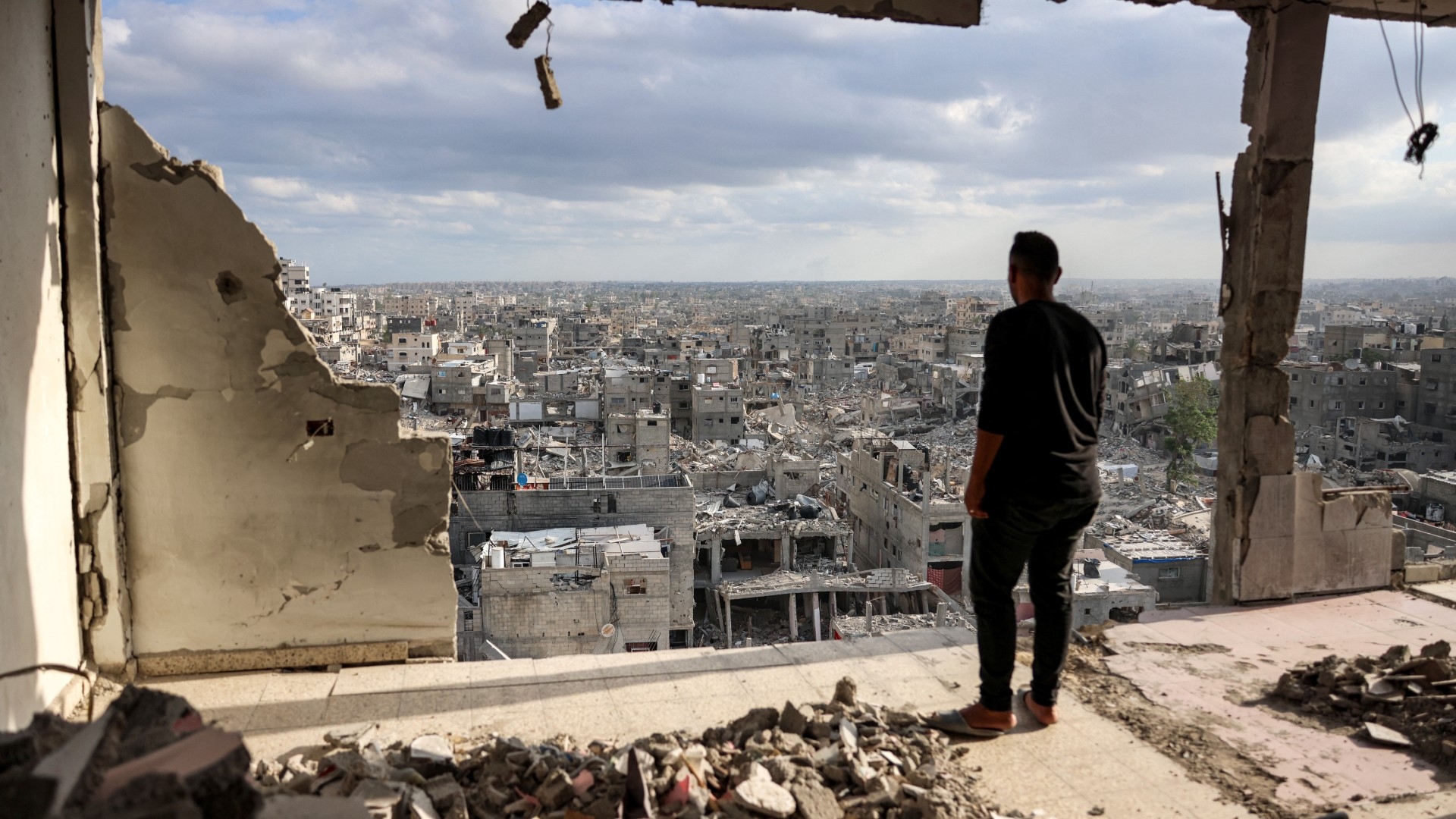
It’s been 365 days since war began in Gaza and spread to the wider region.
On 7 October 2023, Hamas-led Palestinian fighters launched a surprise attack on southern Israel, killing around 1,200 Israelis and taking 250 others captive to Gaza.
Israel responded with a brutal war on the enclave, via air and land, killing over 40,000 Palestinians - the majority of whom are women and children. Millions have been displaced, denied access to food, water and resources, and with nowhere safe to turn to.
In parallel to the war in Gaza, Israeli forces and Hezbollah have exchanged fire along the Israel-Lebanon border since 8 October 2023.
That front of the conflict escalated last month, after Israel launched a string of brutal attacks on Lebanon. More than 2,000 Lebanese have been killed by Israeli forces over the past year, most in the past three weeks.
New MEE newsletter: Jerusalem Dispatch
Sign up to get the latest insights and analysis on Israel-Palestine, alongside Turkey Unpacked and other MEE newsletters
Meanwhile, Israel has continued near-daily raids and incursions on the occupied West Bank, killing hundreds of Palestinians.
Elsewhere in the region, Yemen’s Houthis have fired drones and missiles at international shipping for 11 months, in solidarity with Palestinians under attack in Gaza.
Middle East Eye has been reporting on the conflict since the outset. Here we highlight one story from each month since the war began.
October: Father of girl taken to Gaza says he hopes people can come together
Three days after Hamas’ surprise attack on southern Israel, a Middle East Eye correspondent in Beersheba spoke to the father of Noa Argamani, who had been taken captive into Gaza.
When Yakov Argamani heard rockets and sirens on Saturday morning, he immediately went to his daughter Noa’s bedroom in their house in Beersheba. She wasn’t there.
“I phoned her right away and there was no answer. Two and a half hours later, her boyfriend sent me a WhatsApp message that everything was OK and said they’ll be in touch later on,” Argamani said.
There was something in the way Noa’s boyfriend Aminatan responded that made him worry.
“I tried a third time to get in touch and at that point they didn’t answer. I told my wife I was going to the hospital.”
At the local hospital, Argamani was told no one with Noa and Aminatan’s names had come in. They weren’t on the list in the hospital in Ashkelon, north of the Gaza Strip, either.
“Then I got a phone call from her friend, who said they saw her on a motorcycle being abducted in the direction of Gaza. It was shattering, but I didn’t believe it, I thought it was a mistake,” Argamani said.
“And then a young guy came up to me and said I have the video if you want to see it, so I saw my Noa being taken on a motorcycle toward Gaza and then I saw Aminatan surrounded by four or five Hamas guys.”
Argamani said he hoped for de-escalation.
“I hope we can come together, so that together we can think about what is best for us and also for them. They are suffering, too; they are being battered, too,” he said.
“We have to stop this killing between us and them, so that there can be real peace between these two countries once and for all.”
His daughter Noa was rescued in an Israeli operation that killed 200 Palestinians in Nuseirat refugee camp. Her boyfriend Aminatan remains captive in Gaza.
November: My neighbourhood was vibrant and beautiful. Israel turned it into a wasteland
Mohammed al-Hajjar, a MEE photojournalist based in Gaza, has reported from the front line of Israel’s war from the outset.
In November, he described in a first-person piece how Rimal, his middle-class neighbourhood in Gaza City, was completely destroyed by Israel’s bombs. Below is an excerpt:
Today, when I decided to venture out and walk in my old neighbourhood, nothing resembled what once was. Everything was gone - buildings, shops and playgrounds. The places I knew and loved were reduced to heaps of rubble.
The clothing stores I or my wife would frequent to buy outfits for my children were completely destroyed. Only fragments of clothes could be seen under crumbled concrete and twisted pieces of metal.
Omar al-Mukhtar Street, a buzzing boulevard where banks and currency exchanges were based, was completely unrecognisable.
First the banks and currency exchanges were destroyed by Israeli air strikes, then they were looted. It's unclear by whom.
The National Islamic Bank, which Israel has claimed was used to transfer funds for attacks without providing any evidence, was flattened to the ground.
I can vividly remember employees and crowds of customers gathering at its entrance. Some would stand and smoke cigarettes while others would queue up to get their much needed salaries. Now this bank, like several others, was completely gone.
December: On board the cargo ship seized by Yemen's Houthis
Yemen’s Ansar Allah, commonly known as the Houthi movement, began a new dimension to the war in November, when it launched drone and missile attacks on international shipping along the Red Sea.
They said that the attacks were an act of solidarity with Palestinians in Gaza killed by Israel.
As part of the efforts, the Houthis seized the Galaxy Leader vessel and anchored it in al-Salif, off the coast of Hodeidah. Twenty-five of the vessel's crew members were detained in the operation.
An MEE contributor visited the cargo ship, which had been turned into a tourist attraction.
"Let us go to see the Israeli ship and take pride in our armed forces' achievement," said local resident Hussein as he sat on a small boat waiting to be transported to the vessel.
Yasser Mohammed, who had travelled from the northern province of Dhamar, believed that the international community had been stunned by Yemeni actions.
"When Israel began its war on Gaza, it might have been worried about the reactions of Lebanon, Egypt, Jordan, Saudi Arabia or other countries. I think it never calculated the reaction of Yemen," Mohammed, 43, told MEE, while sitting cross-legged and chewing qat on the ship's upper deck.
"It is lovely to be in such a place and be surrounded by sea from all sides," Hussein added. "The only thing that ruins our joy here is when we remember the Israeli massacres in Gaza."
January: Gaza grandmother shot and killed by Israeli sniper as child waved white flag
In January, MEE exclusively revealed that an Israeli sniper shot dead a Palestinian woman whose grandson was holding a white flag as they attempted to flee from Gaza City to a "safe zone" in southern Gaza.
Hala Rashid Abd al-Ati was walking with several other Palestinians as they attempted to flee the al-Rimal neighbourhood of Gaza City on 12 November. Her hands were interlocked with her grandson who was waving the white flag, exclusive footage of the killing obtained by MEE shows.
In the footage, a Palestinian man from the group can then be seen running towards Abd al-Ati to check on her wellbeing as her five-year-old grandson, Taim, runs to passersby for safety.
According to the family, the bullet was fired from an area where the Israeli army was located.
Abd al-Ati's surviving family members, who are now scattered across the Gaza Strip, told MEE that the decision to take that route out of Gaza City came after they had liaised on multiple occasions with the Red Cross.
"At around 11am there was the sound of snipers and bombs, and our neighbours were shouting 'leave, leave,' so we picked up our things, held the white flags and left, while warplanes circled above our heads and live ammunition was being fired at us randomly," said Sarah Bassem Khres, one of Abd al-Ati's daughters.
According to Khres, as soon as they walked out into the middle of the road, she saw her mother fall to the ground as the sound of gunfire rang out.
"My mother was holding her grandson (my sister's son) who dropped to the floor when she was killed," she said.
"I screamed for my mother… it felt like we were tasting death a thousand times every minute."
February: 'Not in my name' - The story of a Jewish Israeli dissident
“When you find out that your life was built on the destruction of other people, you have a responsibility,” said Yael Kahn.
Kahn has been campaigning for Palestine for 51 years. A Jewish Israeli woman, she's been advocating for a free Palestine since 1972 and believes it's her obligation to advocate for Palestinians everywhere.
"I lived on the land stolen from them, so I have no excuse," she said.
Since 7 October, and Israel’s ongoing deadly assaults in Gaza, Kahn has been regularly demonstrating in solidarity with Palestinians in London, and asserts that global support for Palestine is only increasing.
“They underestimated the power of people and the people were not fooled.”
Middle East Eye’s Habiba A, Hossam Sarhan and Mohammad Saleh video report in January documents Kahn’s story.
March: Iron bars, electric shocks, dogs and cigarette burns - How Palestinians are tortured in Israeli detention
In March, MEE revealed the harrowing ordeal faced by Palestinians who had been detained by Israeli forces in the early months of the war.
They described how they were physically tortured with dogs and electricity, subjected to mock executions, and held in humiliating and degrading conditions.
In testimonies to MEE, one man, who was taken by Israeli forces from a school in Gaza where he had sought refuge with his family, described how he had been handcuffed, blindfolded and detained in a metal cage for 42 days.
During interrogations, he said he had been given electric shocks, as well as scratched and bitten by army dogs.
Other men also described being electrocuted, attacked by dogs, doused with cold water, denied food and water, deprived of sleep, and subjected to constant loud music.
“They did not spare anyone. There were 14-year-old boys and 80-year-old men,” said Moaz Muhammad Khamis Miqdad, who was taken prisoner in Gaza City in December and held for more than 30 days.
Along with other men, Miqdad was forced to strip to his underwear. They were then taken to a nearby mosque where their hands were tied behind their backs and they were made to kneel.
“Then they threw us in a truck, where more soldiers and security forces railed at us with massive beatings and cursing,” recalled Miqdad.
The truck took them to a detention centre where the beatings continued relentlessly.
“They tortured us for hours, spraying us with cold water while we were almost naked. They were determined to torture us and break us.
“The soldiers asked where I was on 7 October and what I did. I told them I had nothing to do with the events of 7 October but they didn’t care. They attacked me with even more excessive punches and kicks, and this time with their weapons as well.”
April: Remains of Palestinian grandmother found after Israeli raid
It took Naifa Rizq al-Sawada’s family an agonising two weeks to discover what had happened to their beloved grandmother following a raid by the Israeli army on her home.
The 92-year-old Palestinian woman, who suffered from Alzheimer's, was found as a pile of charred bones on her granddaughter's burned bed, according to her daughter.
Sawada had been separated from her family by Israeli soldiers during their assault on al-Shifa Medical Complex and its vicinity in mid-March in western Gaza City.
After raiding the multi-floor residential building belonging to Sawada and her married children, troops separated men and women, who were forced to head south.
When Sawada’s family asked an Israeli soldier to release the elderly woman with them, he refused.
“We will take care of her,” he said.
For two weeks, the family did not know Sawada’s fate after they were forced to leave her behind.
Her daughter Maha al-Nawati told MEE correspondent in Gaza Maha Husseini that as soon as the Israelis withdrew, her brother, sister and their children rushed to the building to find any traces of Sawada.
At first, they didn’t find her in the house, including in the living room and bedroom, where her bed was burned.
"They went up to the roof and found my niece and her husband; they were martyred. The army had shot and burned them. Their bodies were charred," said Nawati.
“[My brother and sister] entered my niece’s bedroom; her bed was charred, and the remains of mum's bones were there,” Nawati, 69, said.
“There were only a few bones left. Other bones had turned into [ashes], and in her last days, my mum was very frail, so there weren’t many bones left.”
May: An Egypt firm is making $2m a day from Palestinians fleeing Israel's war on Gaza
A company owned by an influential Egyptian businessman and ally of President Abdel Fattah el-Sisi was making around $2m a day from Palestinians fleeing Israel's war on Gaza, an MEE correspondent revealed in May.
Hala Consulting and Tourism Services, a firm owned by Sinai tribal leader and business tycoon Ibrahim al-Organi, was charging Palestinians crossing from Gaza's Rafah to Egypt at least $5,000 per adult and $2,500 for children under 16.
It had a monopoly on providing transfer services at the Rafah crossing, which at the time was the only Gaza exit not bordered with Israel and the single route out of the coastal enclave for Palestinians.
Over a three-month period, the company was estimated to have made a minimum of $118m, or 5.6 billion Egyptian pounds, from desperate Palestinians trying to leave war-torn Gaza.
MEE's analysis of the travellers list published online by Hala revealed that in April, the company may have earned at least $58m from around 10,136 adults and 2,910 children who crossed the border via its "VIP list".
Those earnings were likely to have stopped abruptly days later, after Israel seized control of the Rafah crossing in early May and immediately stopped crossings between Gaza and Egypt.
June: 'You can take away my award but you won’t take away my voice'
In June, the International Women's Media Foundation (IWMF) was condemned for withdrawing its Courage in Journalism Award from Palestinian journalist Maha Hussaini, who is reporting from Gaza.
Since Israel’s war on Gaza began in October, Hussaini has published dozens of stories with Middle East Eye, including a report uncovering Israeli field executions of Palestinians, which was used as evidence by South Africa at the International Court of Justice (ICJ) in its case accusing Israel of genocide.
On 10 June, the IWMF announced that Hussaini was one of four recipients of its Courage in Journalism Awards, which it says honours remarkable bravery in the pursuit of reporting.
However, following allegations made by conservative US publication the Washington Free Beacon, the IWMF said it was rescinding the award.
The Washington Free Beacon erroneously described Hussaini as a supporter of Hamas and an antisemite, citing social media posts commenting on the Israeli-Palestinian conflict and her own experience as a Palestinian woman trapped under Israeli occupation and siege in the Gaza Strip.
Hussaini wrote a column for MEE at the time, affirming that she won’t be silenced. She said:
I’m glad that both my winning the award and its subsequent withdrawal have starkly demonstrated the systematic physical and moral attacks that Palestinian journalists endure throughout their careers. It also shows how global media and international organisations can be seen as complicit in the silencing of Palestinian journalists.
Threats and character assassinations aim only to remove key voices and perpetuate the longstanding bias in global media. I have never worked to receive awards, nor have I ever submitted an application to nominate myself.
I did not choose journalism as a profession. I became a journalist after recognising the extent to which the world overlooks Palestinian suffering and opts to conform to Israeli pressures, especially at a time when Israel bans international journalists from entering the Gaza Strip to objectively report on the war.
July: 'I have the prison inside me' - The emaciated Palestinian bodybuilder broken by Israel
Emaciated, unable to walk unaided, his right arm jerking shapelessly in front of him and his face a picture of confusion, Muazzaz Abayat hobbles out of an Israeli prison.
Before the Israeli army arrested him late last year, Abayat was a big, confident man. An amateur bodybuilder, he weighed 109kg, all muscle. After nine months in Israeli prisons, the Palestinian has lost more than half his body weight.
This is another grim, horrifying story from Israel’s war on Gaza.
Yet, Muazzaz Abayat has never been to Gaza. He was born and raised in the West Bank city of Bethlehem, where he worked as a butcher until Israeli forces smashed their way into his home at 2.30am on 26 October.
No charges were brought against Abayat during the nearly nine months he was kept in Israeli prisons.
He was held under administrative detention, allowing a prisoner to be detained at the discretion of the local military commander without any charges being levelled.
Abayat told MEE’s Peter Oborne and Lubna Masarwa that throughout his stay in jail, he was beaten, abused, tortured, starved and deprived of water.
“I can’t get the prison out of my head and can’t remember. I am still living in the prison. I have the prison inside me,” he said.
August: West Bank attacks - 'To western leaders, there are no red lines for Israel's slaughter'
In late August, there was a severe escalation in Israeli attacks on the occupied West Bank, in parallel with the war on Gaza.
At the time, Israel launched its largest operation in the territory in decades. In Jenin, Tulkarm and Tubas, Israeli drones and snipers killed at least 17 Palestinians.
Military bulldozers ploughed into critical infrastructure, cutting off communications and resources from several Palestinian cities and refugee camps.
In a column, MEE’s Lubna Masarwa wrote that the attacks showed that Israel felt that it can get away with unleashing hell on all Palestinians, emboldened by the US and other western powers. Below is an excerpt:
War in the West Bank was planned before Hamas's attack on 7 October last year, a senior Fatah member with close links to security circles told me.
It was postponed by the Gaza war, but also refined and honed by it.
When Israel saw just how much Palestinian blood the US and Europe were prepared to tolerate in Gaza - how much destruction, how many millions would be continually displaced, and for how long - Israel felt emboldened to visit the same hell on its real target: the occupied West Bank.
Crush the West Bank, and the Palestinian people can say goodbye to their state forever.
This is the message that Bezalel Smotrich, the far-right minister and settler who has been working to transfer the governance of the occupied West Bank from military to civilian control, has consistently and publicly broadcast.
Like the war in Gaza, "Operation Summer Camps" is not aimed primarily at local resistance groups or their leaders, although several have already been targeted and killed.
The attacks from land and air on Jenin, Tulkarm and Tubas, along with the laying of siege and the sealing off of hospitals and detention of medics, are all directed against the population, just as they were in Gaza.
September: Grief, unease, then fear - When an Israeli bomb struck a Beirut funeral
In a shock development in September, Lebanon was rocked by an Israeli attack targeting Hezbollah that turned communication devices into bombs, leaving dozens dead and wounding thousands more.
It began with thousands of pagers exploding across the country, killing at least 14 people and wounding more than 2,000.
Then, the next day, walkie-talkies blew up, killing more than 20 people.
The second attack included detonations at a funeral in Beirut being held for those killed in the pager attacks a day earlier.
MEE reporter Nader Durgham was at the funeral, describing the scenes in a first-person account. He wrote:
As I started opening my notebook, a loud explosion was heard, overshadowing the music, and everyone fell silent.
“What just happened?” people asked one another.
“Was that a sonic boom?” one said, referring to Israeli jets breaking the sound barrier over Beirut, a sound that has haunted residents for weeks.
The sight of people escaping the scene of the blast dispelled the confusion.
Some were screaming in fear, while others started chanting Shia funeral chants.
Hurrying past me, one person asked: “Who would still have their pager on them?” The location of the apparent attack did not go unnoticed. “At a funeral?” I heard one incredulous man say.
All kinds of rumours were already spreading. A police officer told me it was simply someone’s tyre accidentally blowing. Others claimed Israel was hacking phones.
That's when a raft of messages suddenly broke through the spotty phone service and lit up my screen: similar incidents had taken place in southern and eastern Lebanon.
Middle East Eye delivers independent and unrivalled coverage and analysis of the Middle East, North Africa and beyond. To learn more about republishing this content and the associated fees, please fill out this form. More about MEE can be found here.


